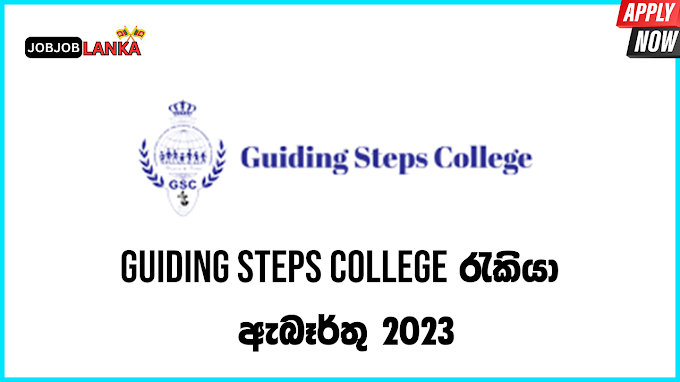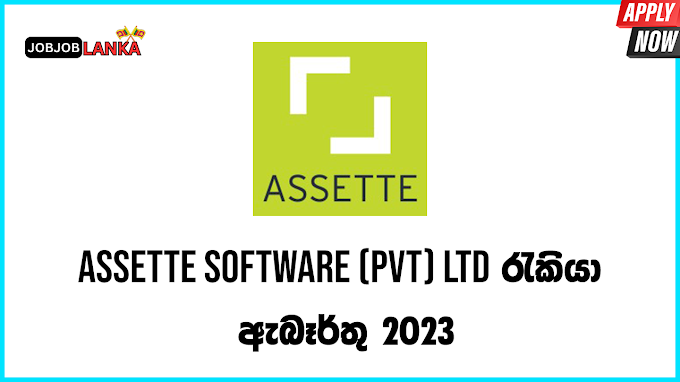How to Find and Apply for the Best Job Opportunities in 2025
Finding a job in 2025 has become both easier and more challenging due to the rise of online job platforms, remote work opportunities, and evolving hiring trends. With the right strategy, you can secure a job that aligns with your skills, experience, and career goals. In this article, we will cover everything from where to find job openings to how to craft the perfect resume and ace your interview.
1. Understanding the Current Job Market
The job market is constantly evolving due to technological advancements, economic conditions, and global events. In 2025, several key trends are shaping employment opportunities: Remote and Hybrid Work: More companies are offering flexible work options. AI and Automation: Some traditional jobs are being replaced, but new tech-driven roles are emerging. Freelancing and Gig Economy: Platforms like Upwork and Fiverr are providing alternative career paths. Skill-Based Hiring: Employers are focusing more on skills rather than just degrees. Understanding these trends can help job seekers prepare better and adapt to the changing job landscape.
2. Where to Find the Best Job Opportunities
a) Online Job Portals
The internet has made job searching more accessible than ever. Some of the best job portals in 2025 include: LinkedIn Jobs – Ideal for professional networking and career opportunities. Indeed – One of the largest job search engines with global listings. Glassdoor – Provides job listings along with salary insights and company reviews. Monster & CareerBuilder – Great for finding jobs across various industries. We Work Remotely & FlexJobs – Focused on remote job opportunities.
b) Company Websites
Many companies prefer listing job openings on their official websites before posting them on job boards. If you have a dream company in mind, visit their “Careers” section regularly.
c) Recruitment Agencies
Job placement agencies can connect you with exclusive opportunities and even help with interview coaching. Some reputable agencies include:
- Robert Half
- Randstad Kelly Services
- Hays Recruitment
d) Networking & Referrals
Many job openings are never advertised. Instead, companies hire based on employee referrals. Join LinkedIn groups, attend industry events, and connect with professionals to increase your chances of finding hidden job opportunities.
3. Crafting the Perfect Resume
Your resume is the first impression employers get, so it must be clear, professional, and impactful. a) Key Elements of a Resume
Contact Information: Name, phone number, email, and LinkedIn profile. Professional Summary: A short, compelling introduction about your skills and experience. Work Experience: List your previous jobs, focusing on achievements rather than just responsibilities. Education: Mention your degrees, certifications, and relevant training. Skills: Highlight relevant technical and soft skills. Certifications & Awards: Any extra qualifications that make you stand out.
b) Resume Writing Tips
Use Keywords: Many companies use applicant tracking systems (ATS) to filter resumes. Use Bullet Points: Make it easy to read. Showcase Achievements: Instead of saying “Managed social media accounts,” say “Increased social media engagement by 50% in six months.”
4. Writing a Strong Cover Letter
A cover letter allows you to explain why you’re the perfect candidate for the job. Keep it personalized and engaging. Cover Letter Structure: Opening Paragraph: Briefly introduce yourself and mention the position you’re applying for. Middle Paragraphs: Explain your experience, skills, and how they align with the job. Closing Paragraph: End with a strong call to action, such as requesting an interview.5. How to Ace the Job Interview
a) Common Interview QuestionsTell me about yourself. Why do you want to work here? What are your strengths and weaknesses? Describe a challenging situation and how you handled it. Where do you see yourself in five years?
b) Tips for a Successful Interview Practice Your Answers: Prepare responses to common questions. Dress Professionally: Whether it’s in-person or virtual, dress appropriately. Show Confidence: Maintain eye contact and speak clearly. Ask Questions: This shows interest and engagement. Good questions include: "What does success look like in this role?" "What are the company’s biggest challenges right now?"

.png)







